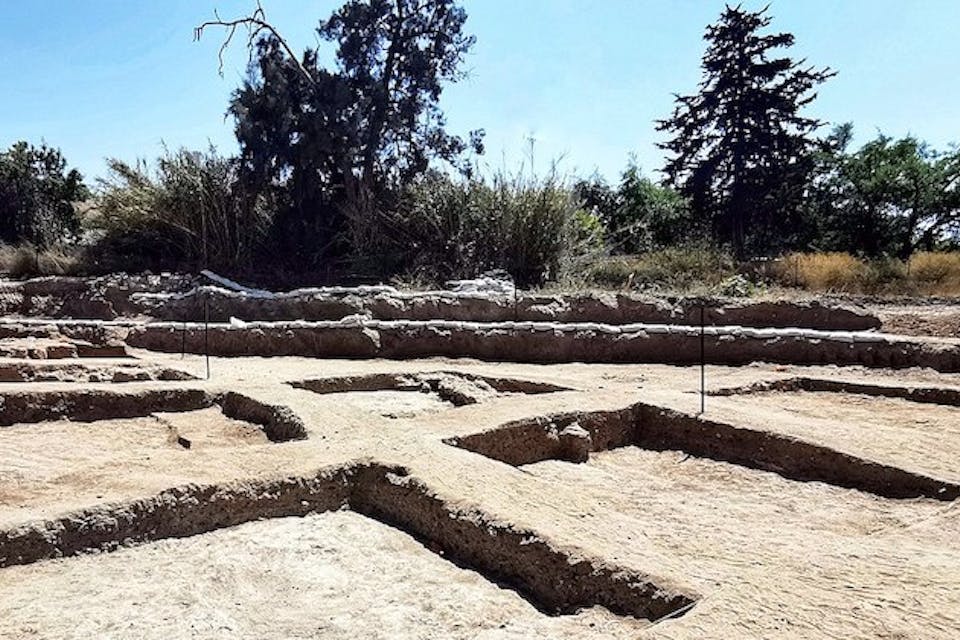
January 1, 2022
What Zionism Owes Yavneh
By Rabbi Meir SoloveichikHow anti-Israel commentators have twisted the legacy of a great rabbi in service to politics.
On Hanukkah, as part of the country-wide celebration, the Israel Antiquities Authority (IAA) opened to the public a Jewish town excavated from the earth. Yavneh was where the Sanhedrin, the supreme religious and judicial body of rabbinic Judaism, took up residence in 70 C.E. Talmudic tradition accords the credit for the Sanhedrin’s survival to the sage Yohanan ben Zakkai, who fled Jerusalem before it fell. Today, an entire home has been uncovered in Yavneh, a home that clearly belonged to Jews who kept kosher and followed the Levitical laws of ritual purity. It may have been the domicile of a Sanhedrin member. Nearby, a cemetery may well bear the bodies of some of the most important rabbis in Jewish history.
All of Jewish ritual from the destruction of the Second Temple to the present has been defined by what ben Zakkai and his Sanhedrin ordained in Yavneh. It is, after Jerusalem, the most influential site in the history of Jewish law.
Now Yavneh’s significance is being celebrated and highlighted by Israeli archeologists. The excavators informed the media that the town represents “a direct voice from the past, from the period when the Jewish leadership salvaged the remaining fragments from the fall of the Temple, went into exile in Yavneh, and set about re-establishing the Jewish people there.” Simultaneously the IAA is staging an exhibit in northern Israel illustrating how the Sanhedrin preserved Judaism and the memory of Jerusalem. Rightly understood, these excavations and this exhibition are nothing less than the righting of a historic wrong, a recognition of all that modern Zionism owes to Yavneh, the Sanhedrin, and the man who oversaw its survival.